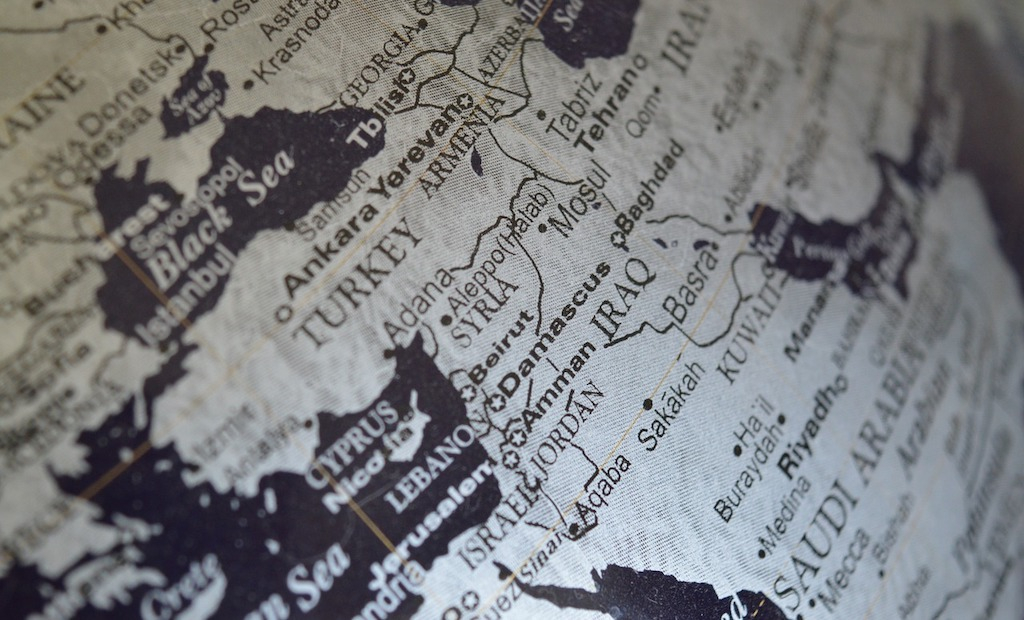Crisis in Aleppo: Syria’s largest city endures inhuman conditions

In Syria’s largest city, Aleppo, there is no electricity, no petrol and bread is scarce. As winter draws in, the death toll is destined to rise. Since the Syrian uprising began in March last year the violence has claimed an estimated 40,000 lives and displaced over 70,000 people.
While the world is concentrating on the diplomatic tensions between the West and Russia, and the political transition in Syria, the humanitarian situation in the country is worsening as the war enters its most brutal phase.
In July, the revolution eventually engulfed Aleppo. Long after other Syrian cities were shut down by the violence, busloads of Aleppo residents were still journeying to the Turkish city of Gaziantep to buy needed wares. News of the crisis in Aleppo is now circulating in the media, with rumours of people having to burn their furniture for energy and professionals scouring heaps of rubbish for food to feed their families.
There has been little in the way of humanitarian relief for civilians in Aleppo. The Assad government has made it extremely difficult for the United Nations to access the northern city because of the violence and sheer scale of the relief effort. But the crisis in Aleppo is replicated across the country – the UN estimates two and a half million people inside Syria need aid, with expectations of this to rise to four million in the new year.
Although statistics on the food shortage in Aleppo are difficult to collate, the thousands queuing each day, sometimes for up to five hours, suggest the situation is reaching a critical point. The price of bread has shot up from 15 Syrian pounds, for a bag of about eight pita-like loaves, to more than 200 Syrian pounds, nearly £2.
Perhaps most shocking is the alleged attacks by the Assad regime on Aleppo’s bakeries. It is suspected of shelling a complex in Masakan, just east of Aleppo, which is said to have held enough wheat to feed 500,000 people for 200 days.
After the armed revolution captured parts of Aleppo, the opposition forces became increasingly concerned for the safety of its residents. These prominent lawyers, doctors and businessmen set up the Aleppo Revolutionary Transitional Council, a ‘government in exile’ for the liberated sections of the city. But only half the city is now freed and the rebels, despite many arduous attempts, have failed to overthrow government troops to completely claim the city.
The council, run by civil engineer Jalal al-Khanji, 67, have also expressed fears of jihadist groups taking advantage of the desperate situation in order to gain support. “They are offering bread to people to obtain their sympathy and respect,” Mr Khanji told the New York Times. “Prolonging the Syrian crisis will allow the extremist cells in Syria to grow and become more difficult to remove in the future,” he added.
The lack of concrete aid from the UN has forced the council to focus on two solutions to the Aleppo food crisis: ship the flour needed to make bread to the city’s bakeries or produce the bread in safer places such as Turkey. However, either solution would cost the council money they simply don’t have.
Assad’s strongest ally, Russia, is sending warships to Syria for a possible evacuation of its citizens – a huge blow to Assad, signalling a lack of confidence in his regime. This is a promising sign of the end to his bloody rule, which will most likely be followed by a chaotic transition period.
Meanwhile, the citizens of Aleppo will continue to queue for bread while their homes are shelled by relentless fighting.
Eleanor Mackay

























Facebook
Twitter
Instagram
YouTube
RSS